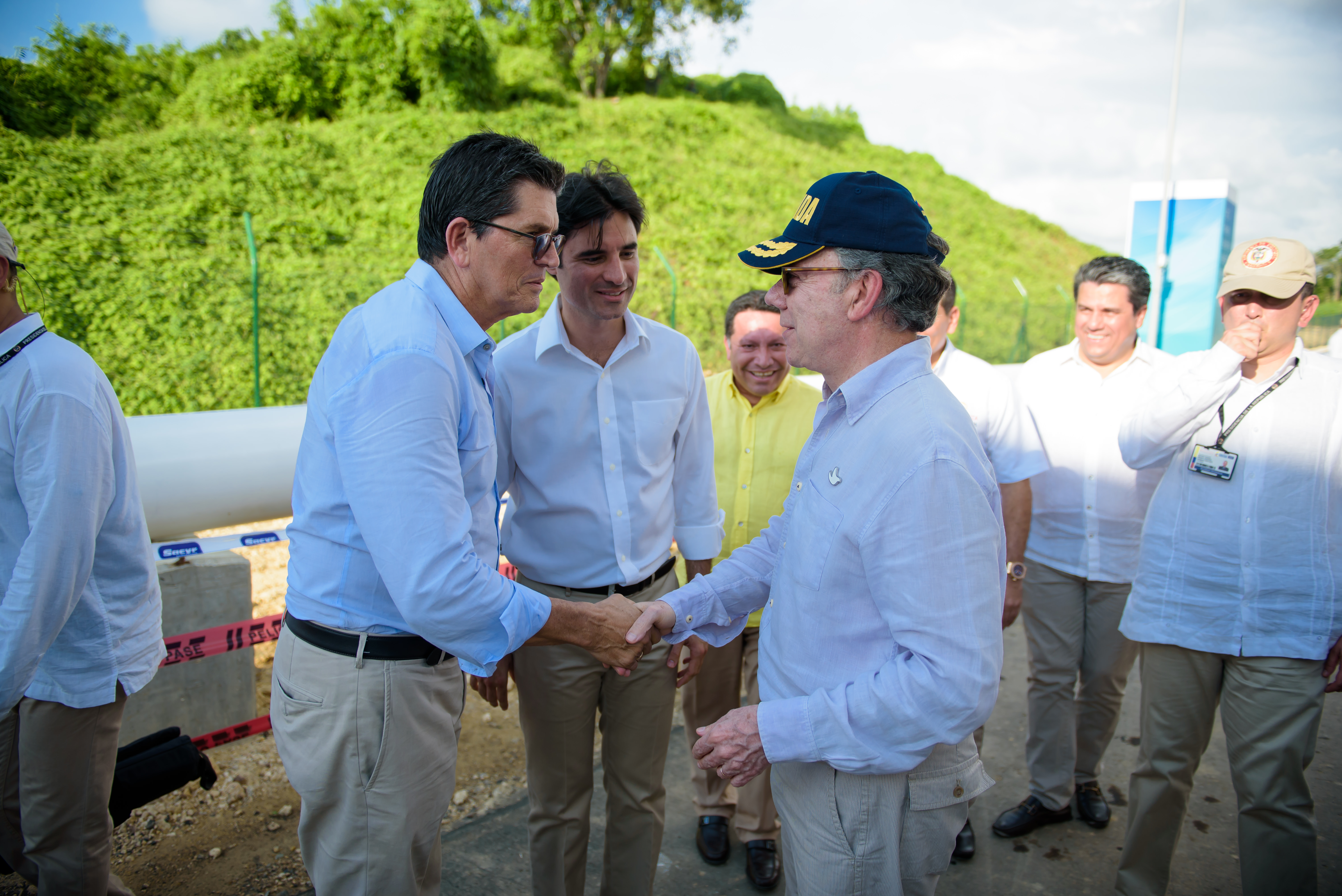
- CEO, Promigas (Natural Resources)
“At Promigas Foundation, we work to improve public education quality, and we have reached one million children in 17 years. Our motto is 'Education is Everything.' It is inclusion, equity, social mobility. Education frees people and enables them to do what they value.”
Summary
Antonio Celia is known for his long and successful career as CEO of Promigas, a major natural gas company in Colombia. In the interview, Celia describes his early years in business working in the finance industry as a credit analyst, the chain of events that caused him to switch gears and enter the natural resources industry. He discusses some of the challenges he faced making this major transition, both with regards to gaining knowledge of and experience in this new industry, as well as managing a “mixed-economy company” that had stakes owned by both the state and private stockholders.
Celia explains how he had to navigate the complex regulatory environment associated with the trading of a valuable, non-renewable resource and public utility. He talks at length about his unusual views on the nature and purpose of government regulation—in particular how he sees both public and private interests as necessary checks and balances on a company’s growth. It is essential, Celia asserts, for companies to remain constantly in touch with state and regulatory policies.
He also reflects on the broader macroeconomic environment in Latin America in the 1990s, when he became CEO of Promigas. He attributes part of Promigas’ success to the fact that the natural gas industry in Colombia was historically controlled by the private sector—as opposed to the majority of other Latin American countries, in which the industry was state-controlled. This fact allowed Promigas greater flexibility to navigate the frequent economic fluctuations of the Colombian economy.
Celia goes on to chart the growth of Promigas from its start as a distributor of natural gas, to its development of a vertically integrated network of transportation, to eventually becoming a major holding company with nation-wide operations. In addition to this growth within the industry, Promigas also pursued an interesting diversification strategy—into electrical energy and optic fiber distribution—and a successful internationalization process. Celia discusses Promigas’ strategy for dealing with the “idiosyncrasies” of neighboring Latin American countries, and offers his perspective on why he believes the company has had success in its expansion to Peru.
In the interview, Celia also explains his unusual take on innovation. He explains why he views it with a “significant dose of skepticism” and why he prefers to focus attention on increasing productivity in Latin America through the adoption of existing modern technologies. In developing countries, he believes, businesses have an obligation to improve standards of living, reduce poverty, and mitigate social inequality. Achieving these goals has been especially difficult in Colombia, due to the country’s prolonged period of conflict with the FARC. Many businesses fled the country at this time due to extent of violence and terror. Promigas, with over 2,000 kilometers of pipeline across the country, as highly affected by the war, and Celia recalls how the company suffered some 25 to 30 bomb attacks in the space of just a few years. However Promigas continued operations, and even remained committed to the installation of new technologies in conflict areas. With the conflict at an end, Celia explains that he now sees the business community as a key player in peace and reconciliation process.
Celia concludes the interview by speaking broadly about the state, the nature of economic policy, and Colombia’s prospects for future growth. Although he speaks optimistically about the increase of dialogue about issues such as good corporate governance and human rights, he admits that the issue of corruption is still endemic in Colombian society. Celia explains his view that the solution is not necessarily more or harsher legal codes and penalties, but a serious engagement with, and reform of, Colombia’s “ethical bedrock”.
Video Clips by Topic
Celia on Education
Diversification
Antonio Celia, President of Colombia-based Promigas, describes the company’s diversification policy as they expanded beyond natural gas services. This included entering the fuel distribution business in the 1980s after purchasing Terpel from Ecopetrol and creating Colombia’s largest fiber optic cable network. Celia then reflects on his company’s successful expansion into Peru and discusses the importance of understanding and respecting the host country’s culture when internationalizing.
Additional Resources
Interview Citation Format
Interview with Antonio Celia, interviewed by Andrea Lluch, Bogota, Colombia, March 2, 2017, Creating Emerging Markets Oral History Collection, Baker Library Special Collections, Harvard Business School.
